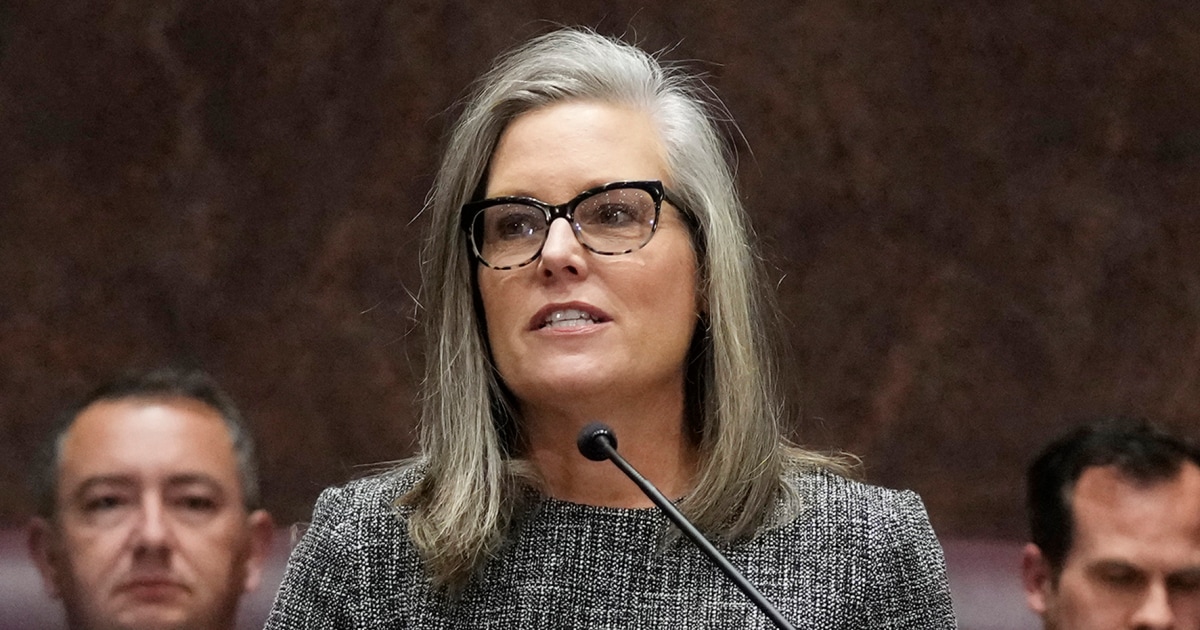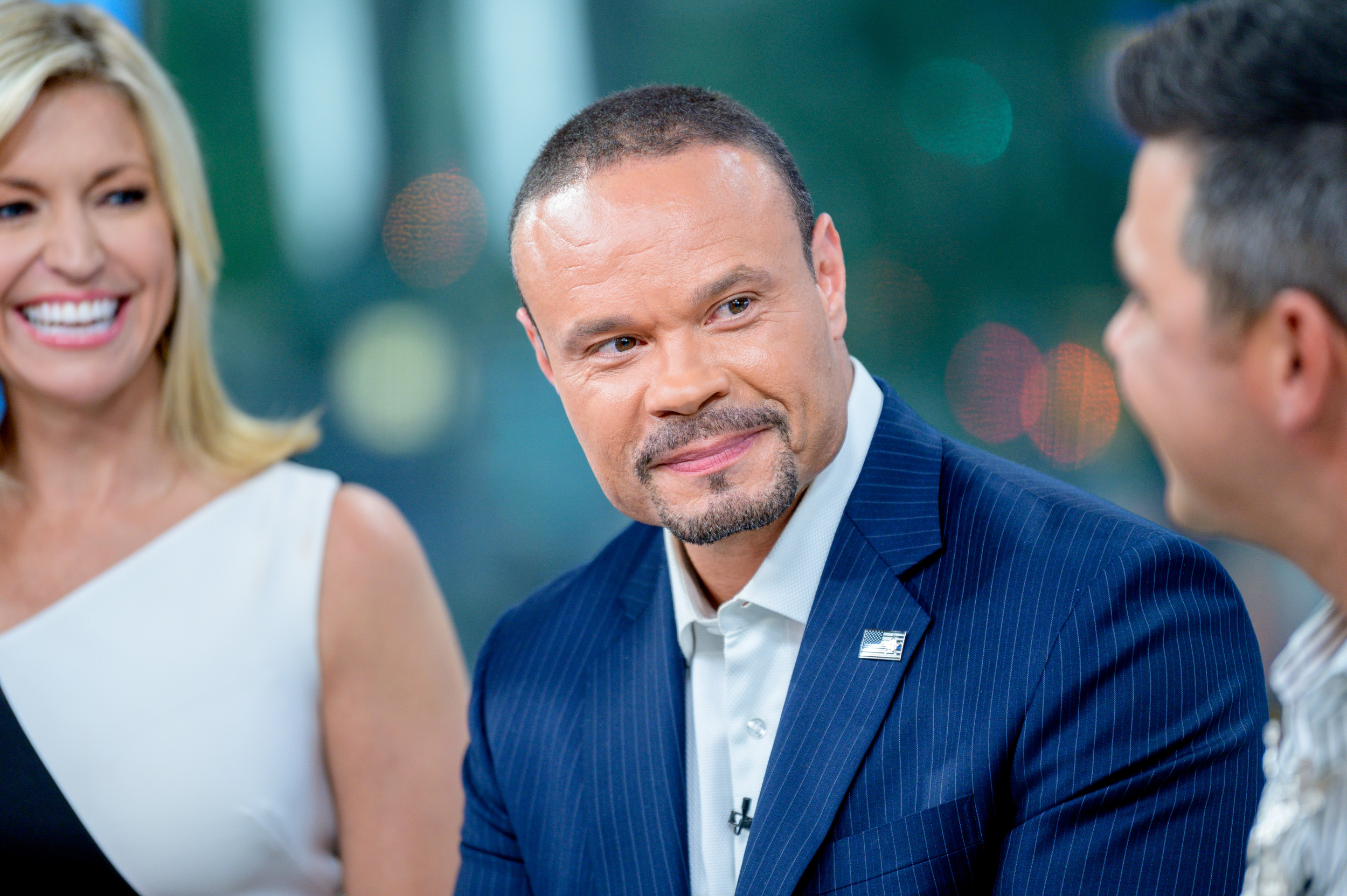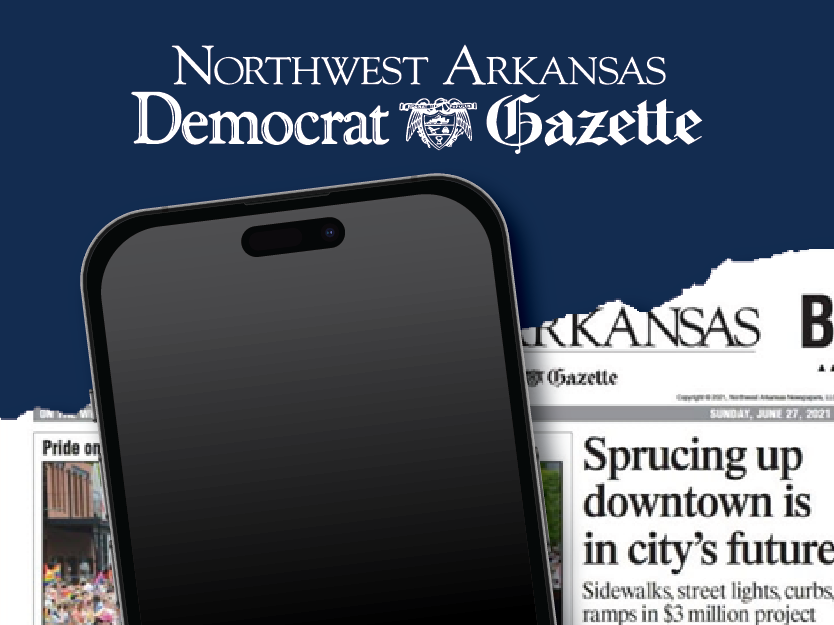The New York Yankees versus the Boston Red Sox; the Los Angeles Lakers versus the Boston Celtics; the Dallas Cowboys versus everybody. Rivalries have been a quintessential part of sports fandom since its inception. Fans despise a rival team just as much as—if not more—than they love their home team. The science behind why that antagonistic nature in sports exists can also help explain the variation in disappointment in the aftermath of the 2024 presidential election.
A new study from Northwestern University analyzed how people who prefer the same option to the same degree can differ in their negativity toward the same undesired outcome. Researchers deduced, analyzing data from previous election cycles, that people who preferred Kamala Harris in the 2024 presidential election—driven by opposition to Donald Trump rather than support for Harris herself—are likely to react more negatively to the election outcome.
“For every presidential election between 2020—Biden and Trump—back to 2000, we see this same pattern of effects: opposers are more upset than supporters,” said Jacob Teeny, lead author and assistant professor of marketing at the Kellogg School of Management. “It stands to reason, then, that the same pattern would emerge in these latest datasets for the 2024 election.”
The research was published today (Feb. 25) in the Journal of Personality and Social Psychology.
“How we frame our preferences between two options is critical. This is most studied in the political domain, but it is also prevalent among sports fans,” Teeny said. “In contexts with only two options, we tend to view our preference in one of two ways: who we support or who we oppose. Our preference might be the same—we all still prefer candidate A—but how we think about or frame that preference can have important downstream consequences for our reactions to undesired outcomes, as in if that candidate loses.”
Researchers describe how people can perceive a choice between two people, two objects or two brands in a positive or negative way (e.g., “I prefer the Democratic candidate because… ‘I support the Democrat’ versus ‘I oppose the Republican’). Depending on how a person frames this backing of their preferred candidate or sports team will then determine their reactions toward any relevant undesired outcome.
“There are downstream consequences to that framing, especially in politics,” Teeny said. “When a person prefers a candidate simply because they oppose the other candidate, that person becomes more invested. The feelings are more intense. You feel a strong pull to support candidate A, no matter what they do, because you wholeheartedly dislike candidate B.”
The researchers attribute this framing to how people engage with sports as well. They analyzed undesirable Super Bowl outcomes in the 2012, 2019 and 2020 NFL Championship games.
“In the 2019 Superbowl, if you were rooting for the Los Angeles Rams because you hated the New England Patriots, when the Patriots ultimately won, you probably felt worse than the person who rooted for the Rams because they love the Rams,” Teeny said.
This is what the researchers call “the opposer’s loss effect” and is an extension of research on what’s known as the negativity bias. “In general, bad things weigh more heavily upon people’s minds than good things,” Teeny said. “There seems to be a widespread psychological weight placed on negative information relative to positive information.”
The researchers looked at several studies, with a focus on presidential candidates and sporting events. Datasets measured the degree of support and opposition underlying voters’ candidate preferences in elections from 2000 to 2020. Others measured the relative difference in support-versus-opposition underlying fans’ preference in the 2012, 2019 and 2020 Super Bowl.
Teeny says the data focuses on understanding the psychology behind the framing effect, but there are some important implications from the research.
“It offers insight on the consequences that politicians might have when they try to frame messages in this opposition-based mindset,” he said. “A lot of Harris’s advertising was based on opposition to Trump, so when Trump was elected, those who had framed this preference on opposition probably felt a lot worse.”
At the same time, Teeny points out there can be short-term positive gains to opposition framing, as in motivated political turnout. However, it can come with this downstream cost of political disengagement if that candidate loses.
“If you experience an undesired outcome, try focusing on why you support the team or candidate you did, rather than the option you opposed,” he said. “Focusing on the support side could help reduce some of those negative feelings you have.”
The study is titled “Reactions to Undesired Outcomes: Evidence for the Opposer’s Loss Effect.” In addition to Teeny, other authors include Richard Petty of The Ohio State University.
More information:
Jacob D. Teeny et al, Reactions to undesired outcomes: Evidence for the opposer’s loss effect., Journal of Personality and Social Psychology (2025). DOI: 10.1037/pspa0000436
Provided by
Northwestern University
Citation:
What sports teams Americans love to hate and the 2024 election have in common (2025, February 25)
retrieved 25 February 2025
from https://phys.org/news/2025-02-sports-teams-americans-election-common.html
This document is subject to copyright. Apart from any fair dealing for the purpose of private study or research, no
part may be reproduced without the written permission. The content is provided for information purposes only.








:max_bytes(150000):strip_icc():focal(749x0:751x2)/lester-holt-joy-reid-022525-18a087b52048440597cac6f779a9a44b.jpg)





